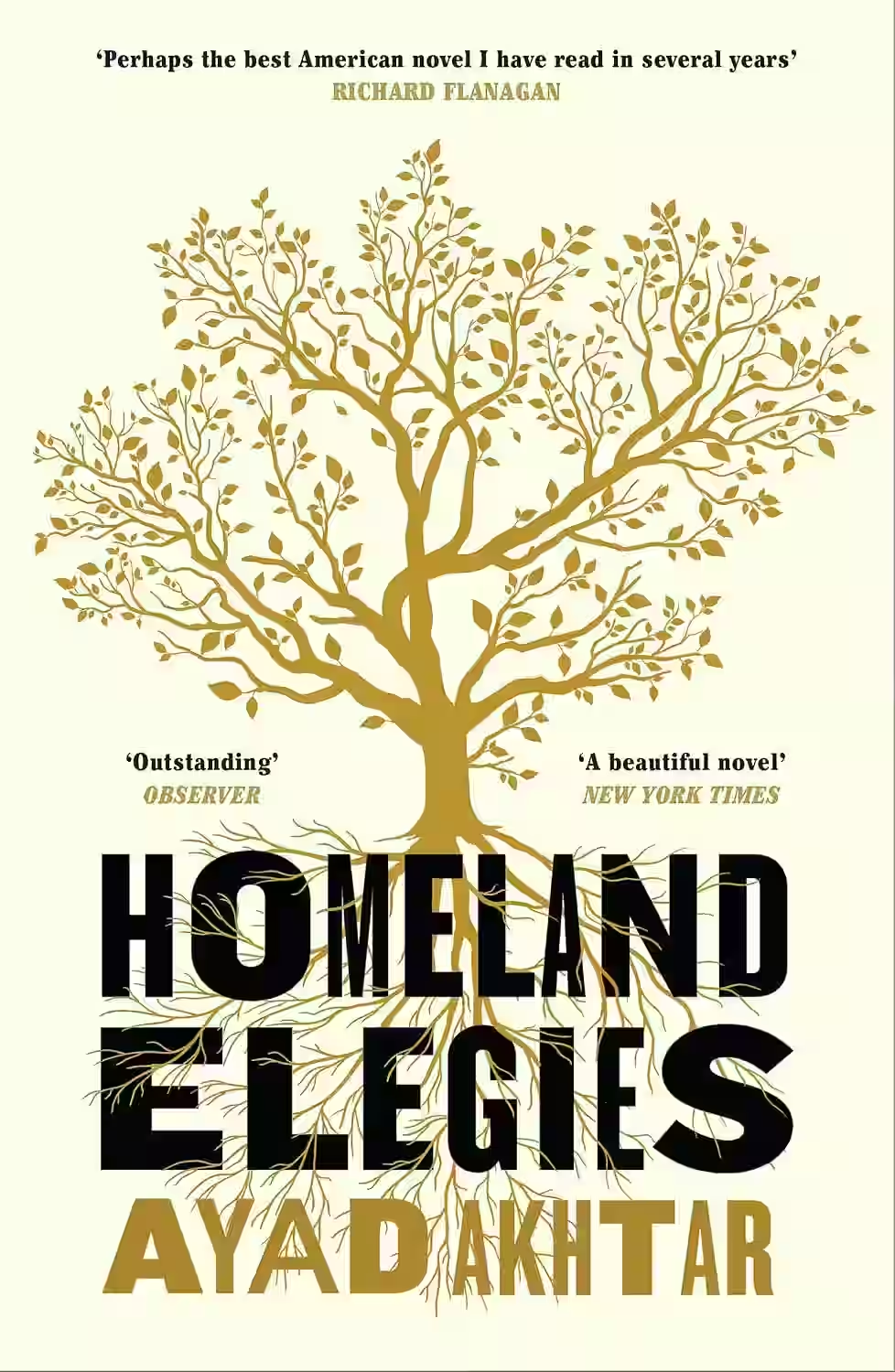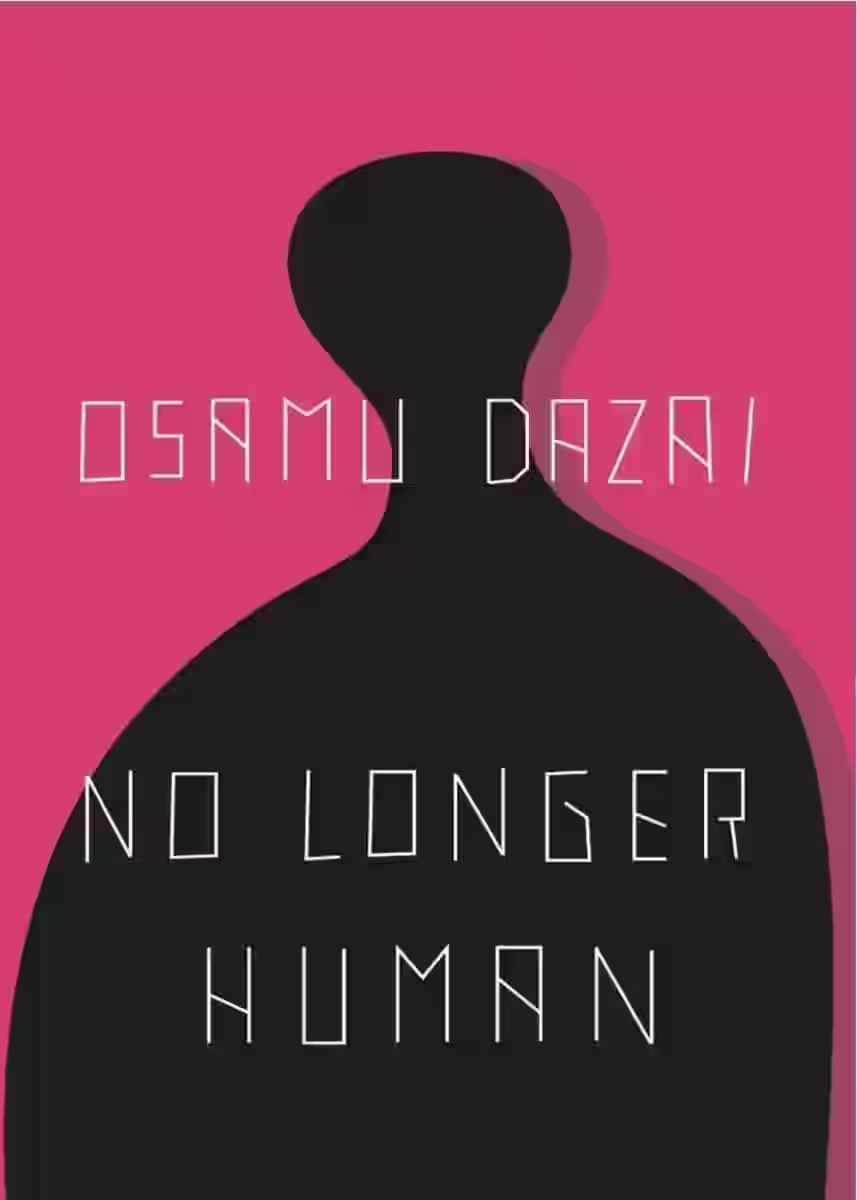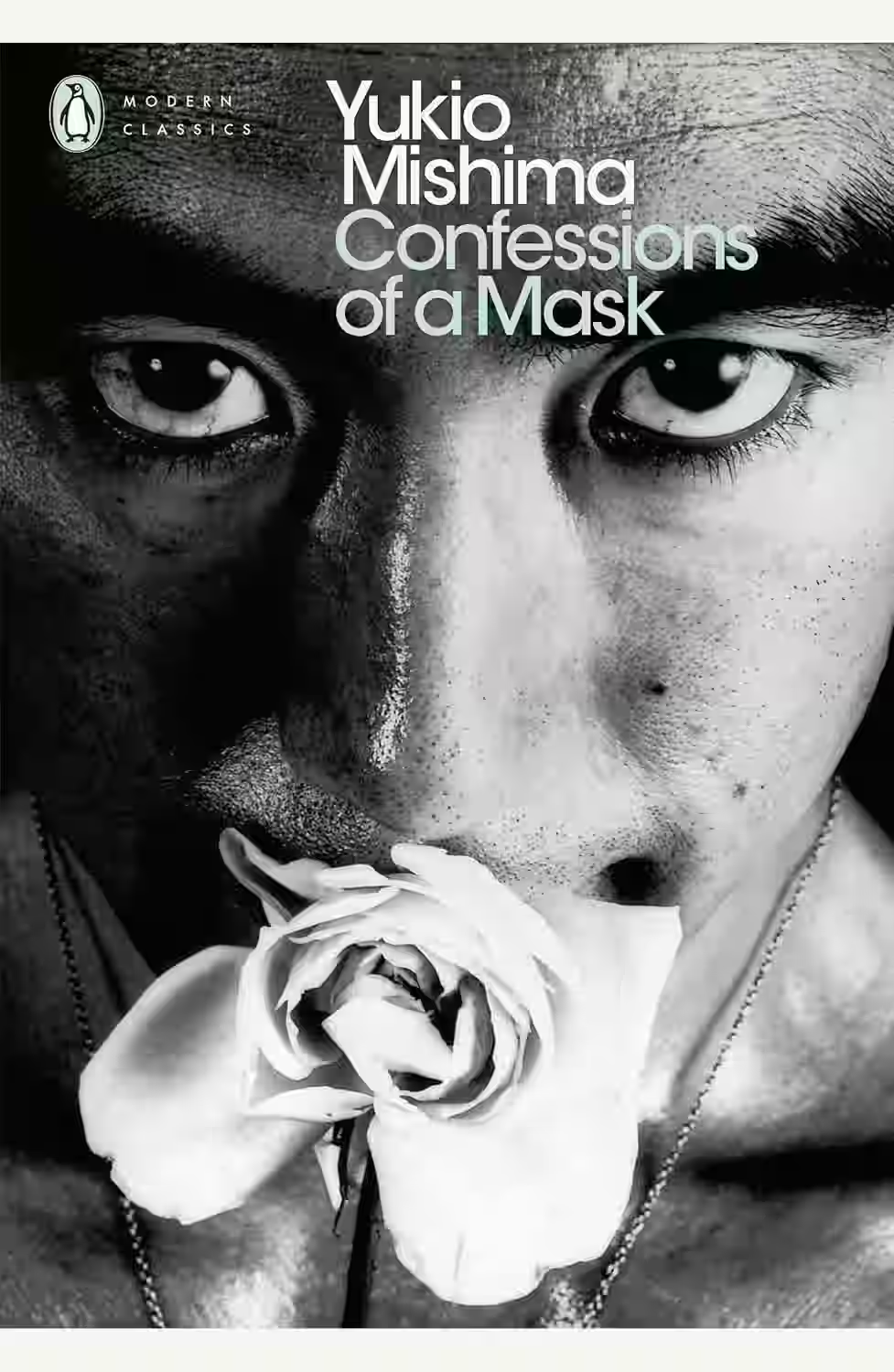Autobiographical Fiction
Autobiographical fiction combines elements of autobiography and fiction, blending real-life events with imaginative storytelling. Authors often draw from personal experiences but embellish or alter details to create a work of fiction.

On the Road
by Jack Kerouac
Jack Kerouac's 'On the Road' is a seminal work of the Beat Generation, capturing the essence of freedom, rebellion, and the search for meaning in post-World War II America. The novel follows the restless Sal Paradise as he embarks on a series of road trips across the country, fueled by jazz, drugs, and a longing for authentic experiences. Through Sal's encounters with the charismatic Dean Moriarty, a symbol of untamed individualism, Kerouac explores themes of self-discovery, non-conformity, and the pursuit of the American Dream. The spontaneous prose style mirrors the characters' sense of urgency and spontaneity, leaving a lasting impact on literature and countercultural movements.

Homeland Elegies
by Ayad Akhtar
In 'Homeland Elegies' by Ayad Akhtar, readers are taken on a profound journey through the complexities of identity, belonging, and the American Dream. The novel blurs the lines between fact and fiction as it follows the life of a Pakistani-American man navigating issues of race, politics, and cultural divides. Through a mix of personal anecdotes and social commentary, the author delves into the tensions of being a Muslim in America post-9/11, offering a raw and thought-provoking exploration of societal issues. Akhtar's lyrical prose and deep introspection make 'Homeland Elegies' a poignant and timely reflection on the modern American experience.

No Longer Human
by Osamu Dazai
"No Longer Human" by Osamu Dazai is a profound exploration of alienation and identity, delving into the life of its protagonist, Ōba Yōzō. The novel takes the form of a confessional as Yōzō recounts his struggles with societal expectations and his own sense of worthlessness. Dazai's introspective style reveals Yōzō's descent into despair, providing a raw and unsettling portrait of a man who feels disconnected from the world. Themes of nihilism, mental illness, and the search for authenticity are intimately portrayed, making this work resonate deeply with readers who grapple with similar existential questions. "No Longer Human" is a poignant, haunting narrative that offers a mirror to the depths of human vulnerability and ultimately remains a timeless contribution to modern literature.

Confessions of a Mask
Yukio Mishima's "Confessions of a Mask" is a poignant work that delves into the human psyche, exploring themes of identity, sexuality, and the societal masks people wear. Set in post-war Japan, the novel follows the introspective journey of Kochan, a boy who grows into adolescence grappling with his homosexuality in a conformist society. Mishima's poetic yet stark prose vividly captures Kochan's internal struggles and his attempt to reconcile his true self with the expectations imposed on him by tradition and culture. The book offers a raw, sometimes disturbing look at the nature of desire and the performance of self, making it a compelling read that resonates with anyone who has ever felt like an outsider. "Confessions of a Mask" remains a seminal work for its deep psychological analysis and its courageous exploration of themes that challenge societal norms.